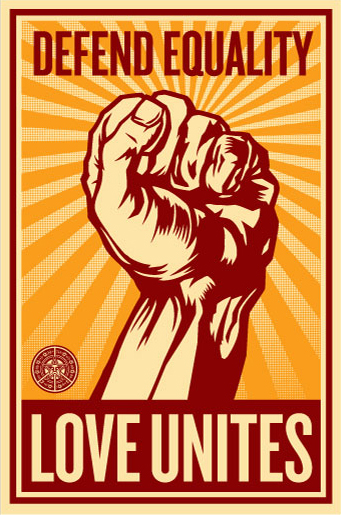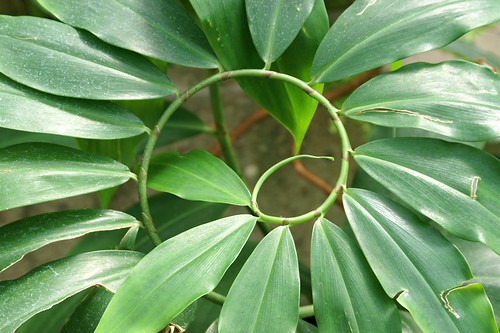Art professor, historian, sociologist, and fellow blogger Ruben Ortiz has shared a post with us that he recently posted on his own blog, For the Record, which you can access by clicking: HERE. Please note that this article was posted the week of Obama's inauguration and Martin Luther King Jr. Day 2009.
This post speaks directly to point number 4 in the article posted below, which suggests that to help make America stronger, we should remember American history. This blog post interprets American history as the history of all of the Americas, and speaks to the histories of our neighboring nations.

A lot is going to be said this week about Abraham Lincoln and Martin Luther King as important precedents that made possible the election of the first African American president of the United States. However, there are other important historical figures that should be remembered as well. One of them is Vicente Guerrero (1781-1831) who was the first president in North America of African decent. He was one of the leading revolutionary generals of the Mexican War of Independence against Spain. His African roots came mostly from his father Pedro who was in the almost Afro-Mexican profession of mule driver in Tixtla. Guerrero became the second president of Mexico in 1829 fighting against Iturbide and other conservatives who wanted a constitutional monarchy that would favor the wealthy landowners through continued exploitation of the poor. He defended a democracy of all classes and races, and abolished slavery. He was betrayed and executed by Vice-president Anastasio Bustamante in 1831. There is a state named in Guerrero's honor. He was also the grandfather of the important general, intellectual and writer Vicente Riva Palacio.

We should also remember Alexandre Pétion (1770-1818) who was the first president of Haiti and one of its founding fathers. He was born in Port-au-Prince to a Haitian mother and a wealthy French white father. He was educated at the Millitary Academy in Paris and returned to Saint-Domingue to take part in the expulsion of the British from Saint-Domingue. Championing the ideals of democracy he became president of Haiti in 1806. He gave sanctuary to Simón Bolívar in 1815 and provided him with infantry and support. He died of yellow fever in 1818.













No comments:
Post a Comment